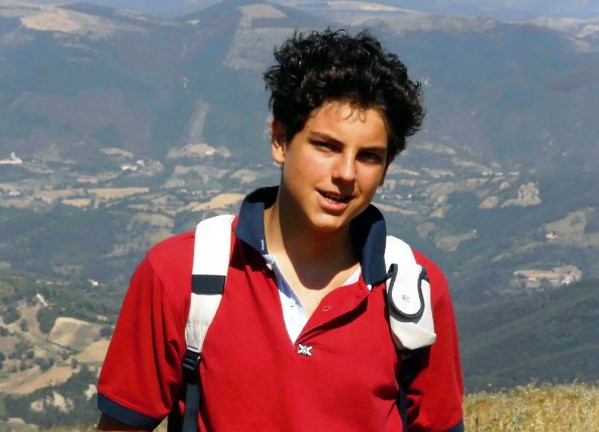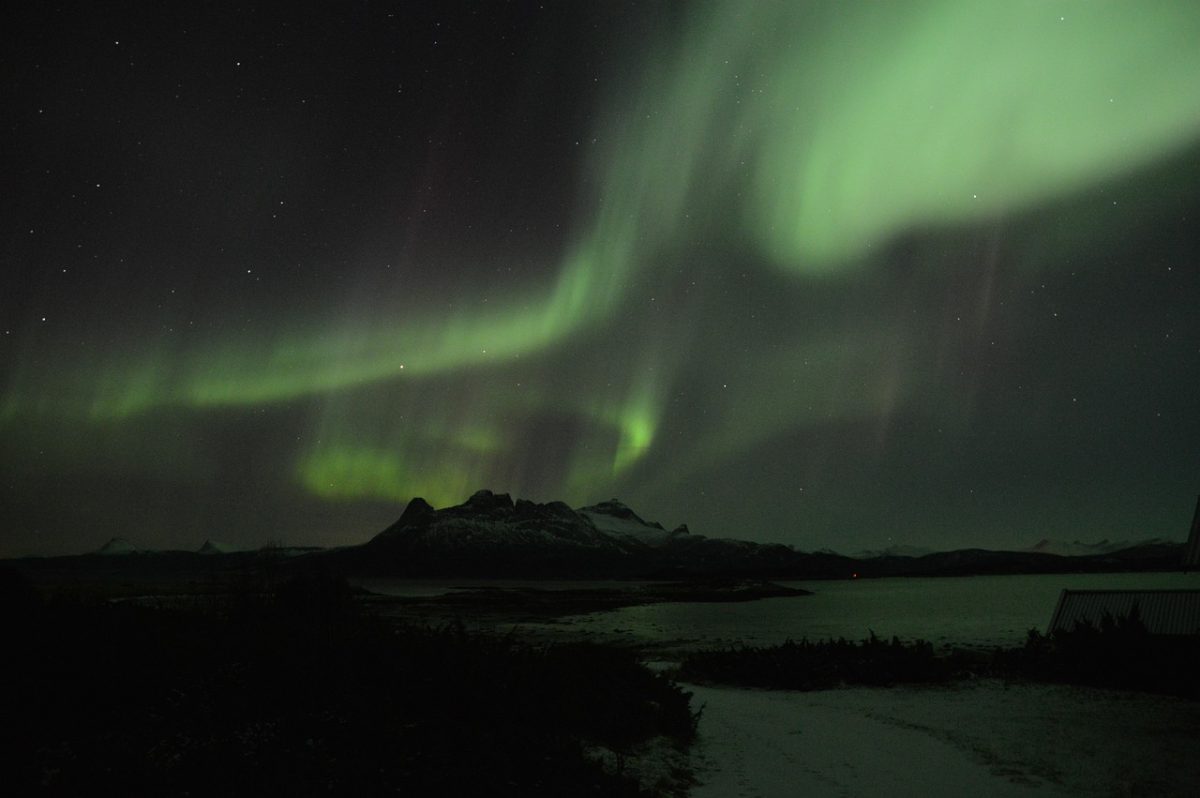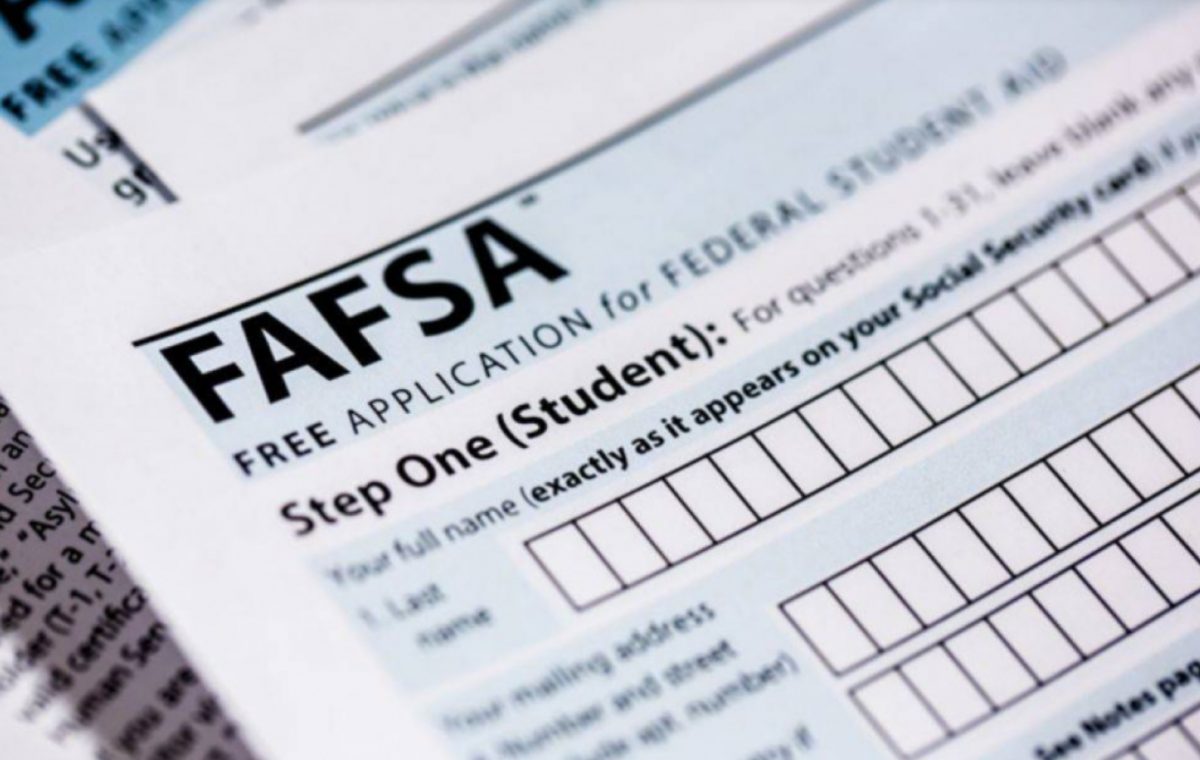By Tyler Plaktsis
 Hiroo Onoda was a WWII Japanese officer who surrendered only in 1974 after having hunkered down in the jungles of the Philippines for nearly three decades in defiant honor of the Imperial Army. Hiroo Onoda was sent out on a reconnaissance mission in February 1945. For the next 29 years, Onoda survived on a diet of rice and coconuts and meat. Onoda tormented the Filipino forces on his trail. He maintained his rifle, ammunition and sword in impeccable order. He was also still wearing his now tattered army uniform. He said in a later interview that his mind had been on, “nothing but accomplishing my duty”.
Hiroo Onoda was a WWII Japanese officer who surrendered only in 1974 after having hunkered down in the jungles of the Philippines for nearly three decades in defiant honor of the Imperial Army. Hiroo Onoda was sent out on a reconnaissance mission in February 1945. For the next 29 years, Onoda survived on a diet of rice and coconuts and meat. Onoda tormented the Filipino forces on his trail. He maintained his rifle, ammunition and sword in impeccable order. He was also still wearing his now tattered army uniform. He said in a later interview that his mind had been on, “nothing but accomplishing my duty”.
Hiroo Onoda was born on March 19, 1922 in the village of Kamekawa in the Wakayama prefecture of south Japan. At age 20, he enlisted in the Imperial Japanese Army and attended the Nakano School in Tokyo, the main training camp for intelligence agents. His mission to Lubang in 1944 was to oversee the destruction of the island’s pier and runway in the event of a likely assault.
When the Americans arrived, Onoda and his unit of three remained at- large. While the four soldiers noticed that island activity had lessened, they refused to acknowledge defeat.
In 1949, Akatsu surrendered and his reappearance started the first of many searches including airdrops of written pleas from Japanese officials. Two of the soldiers were later killed in encounters with police search parties and Onoda was officially declared dead in 1959.
He was found in 1974 through the efforts of Norio Suzuki, a Japanese student who wanted to be an explorer. Onoda set his rifle on the young adventurer but was assuaged by his calm approach. Suzuki told Onoda that emperor and the people of Japan were worried about him, but Onoda would not surrender until he had a direct order from his commanding officer. The following month, Suzuki returned with retired Major Yoshimi Taniguchi. Taniguchi assured Onoda that the Imperial command had ceased all combat activity and he should lay down his arms.
On his return to Japan, Onoda was welcomed with a heroes greeting but he failed to settle into life filled with technology of the 1970s. The year after his return, he moved to a Japanese colony in Brazil and became a cattle farmer. In 1976, he married Machie Onuku, a Japanese tea-ceremony teacher. On a visit to Lubang in 1996, he gave $10,000 to an island school. In 1984, he returned to Japan to open the Onoda Nature School an educational youth camp. Hiroo Onoda died January 16, 2014 at the age of 81 years old.





